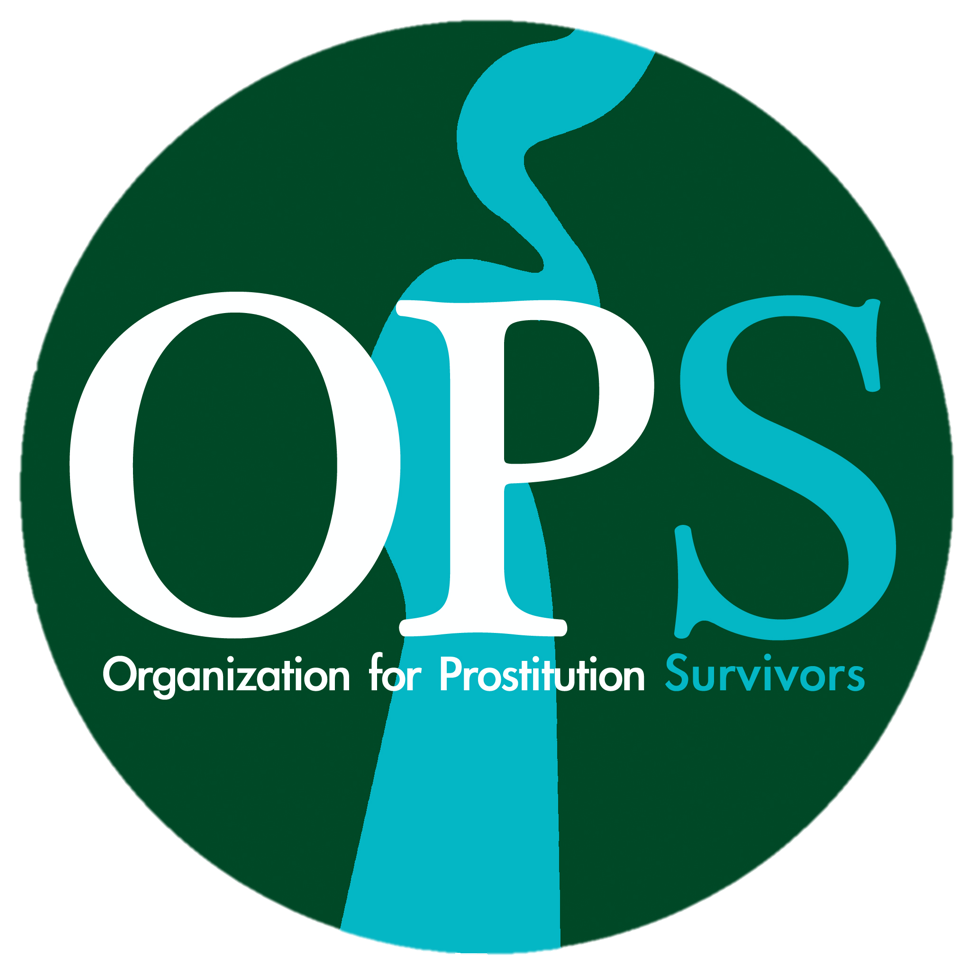How to Be a Friend to a Survivor: Creating a Safe and Supportive Space
Want to know how to be a strong and empowering friend when a survivor of Commercial Sexual Exploitation (CSE) confides in you and shares their story?
In this blog post, we'll guide you through the importance of creating a safe and non-judgmental space, offering unwavering support, and respecting their privacy and autonomy. Together, we can build a community that supports survivors and contributes to their healing and empowerment.
1. Create a Safe and Non-Judgmental Space:
When a survivor opens up to you, their biggest fear is whether they will be judged. To be a supportive friend, it's crucial to create a safe and non-judgmental space for them to share their experiences. Understand that they may have faced stigmatization and disbelief in the past, so your role as a friend, partner, or family member is to provide a compassionate listening ear without altering or shaping their narrative.
2. Listen with Empathy and Belief:
Each survivor of CSE has a unique story and set of experiences. Avoid preconceived ideas or stereotypes about what CSE looks like and let go of any limitations in your understanding. Show empathy and recognize that their journey may have unfolded differently from what you might have imagined. As a friend, your role is to listen intently, genuinely believe what they share with you, and validate their feelings and experiences.
3. Offer Support and Validation:
Avoid the temptation to fix or change the survivor. Your responsibility as a friend is to provide support and be present in their journey of healing and recovery. Respect their boundaries and refrain from imposing your own views or pushing them into spaces you believe they should be in. Instead, be the unwavering source of support they need, allowing them to lead their own healing process.
4. Respect Privacy and Autonomy:
It's crucial to respect the survivor's privacy and autonomy. While they may have confided in you, remember that their story is theirs to share. Without their explicit permission, it is not appropriate to share their story with anyone else. Upholding their trust and confidentiality is vital in maintaining the supportive friendship they have entrusted you with.
By creating a safe and non-judgmental space, listening with empathy and belief, offering unwavering support, and respecting their privacy and autonomy, you can be a friend who empowers and uplifts survivors of CSE. Together, we can contribute to their healing and recovery, foster strong and resilient communities, and work towards ending gender-based violence. You have the power to make a positive impact, so let's stand together in support of survivors and their journey towards healing and empowerment.
If you or someone you know is a survivor of CSE and needs support, reach out to us. We provides a comprehensive range of services, empowering survivors through counseling, advocacy, and community support. Explore our website to learn more about our work and get involved in creating a safer and more inclusive world



